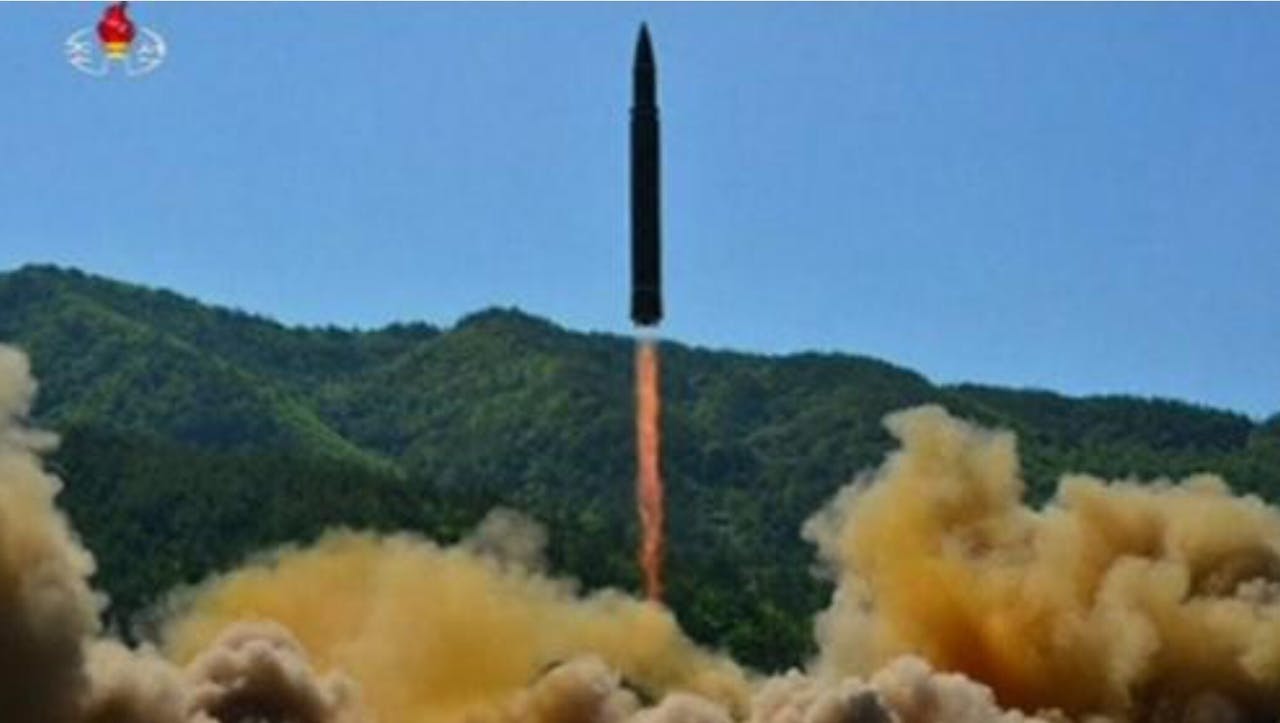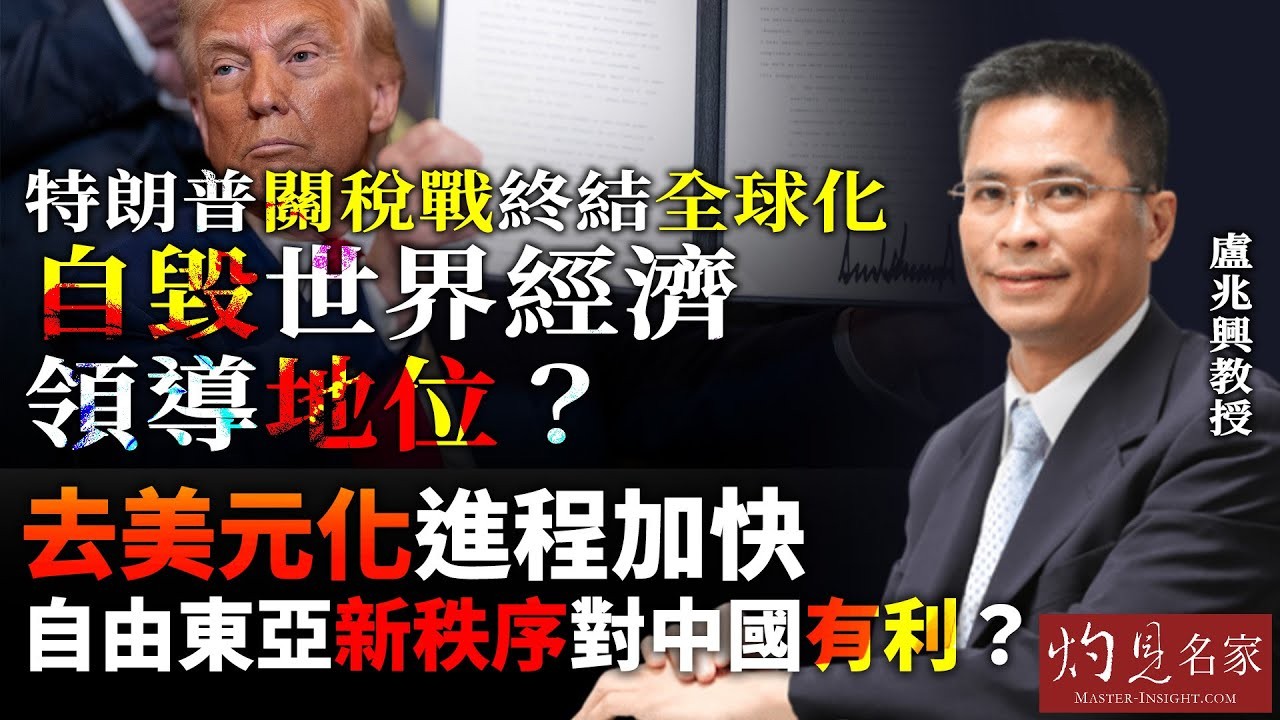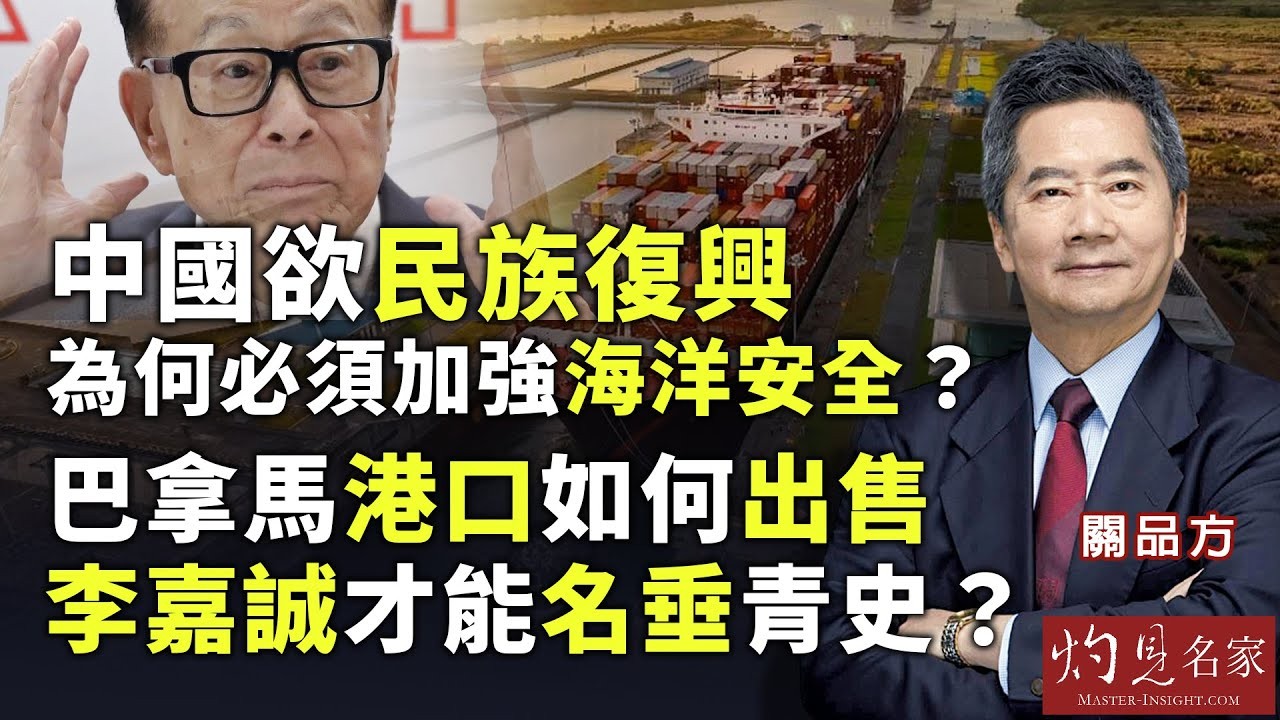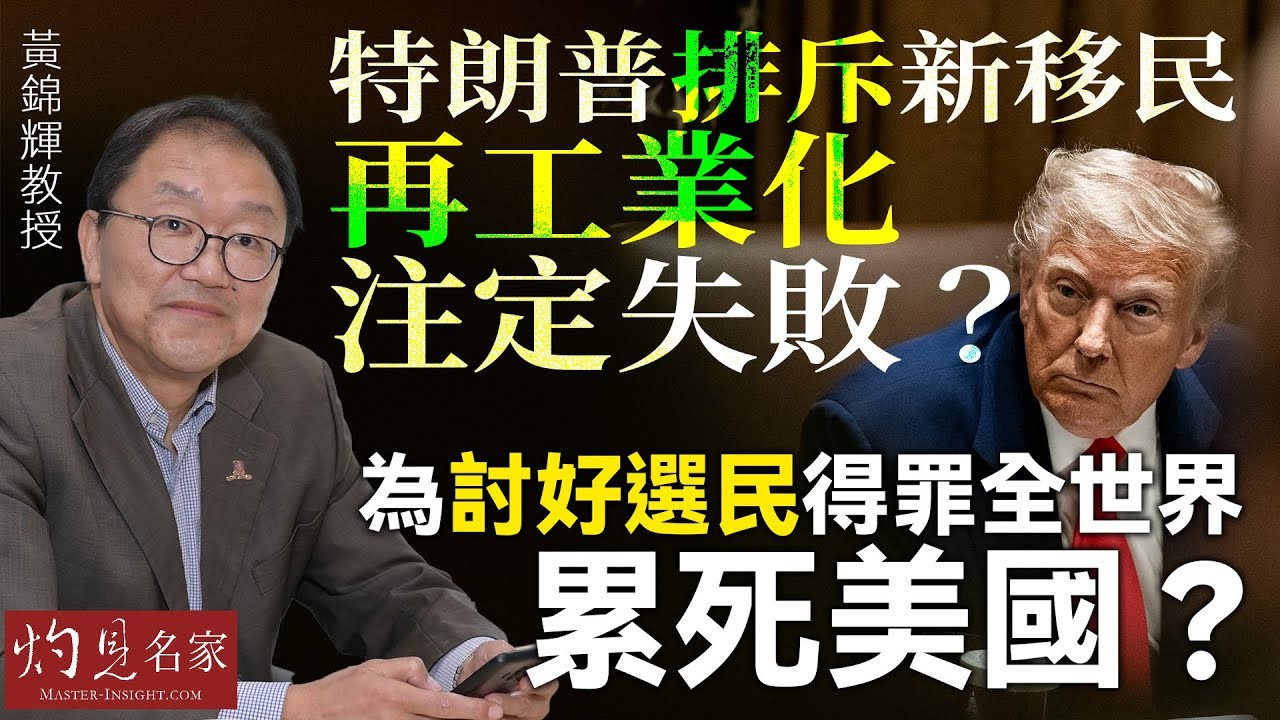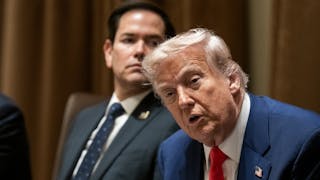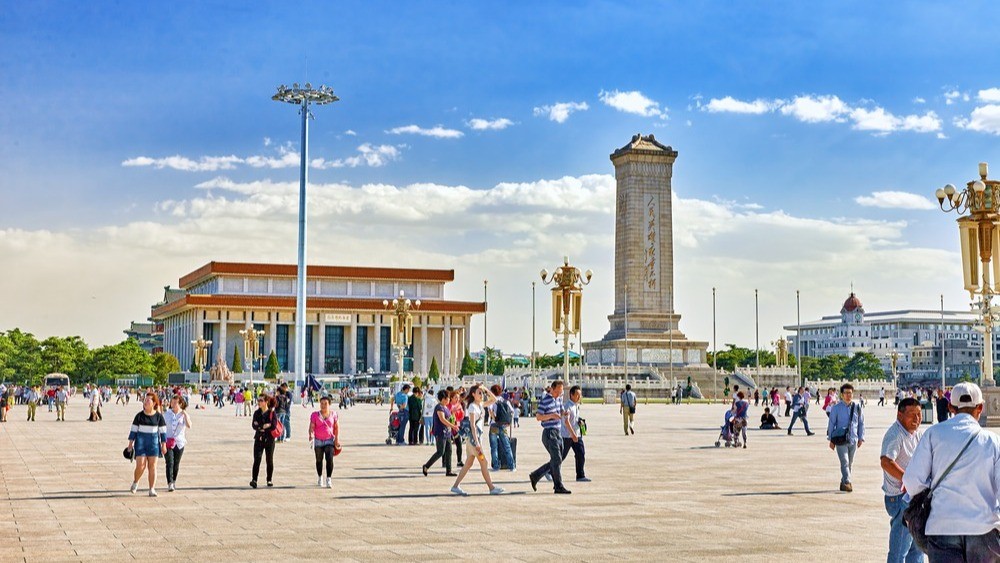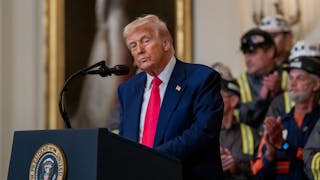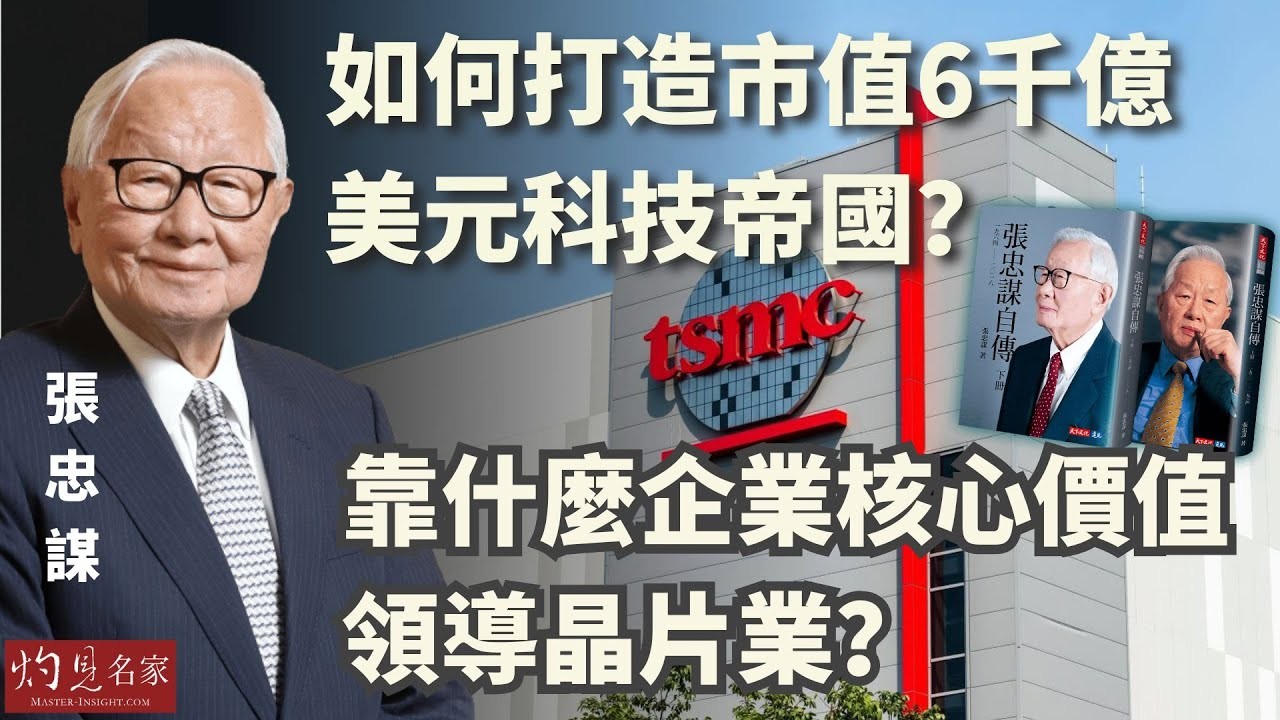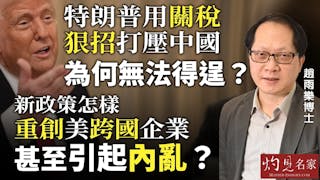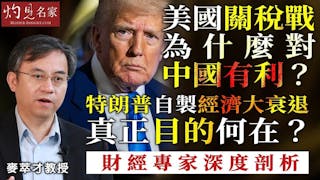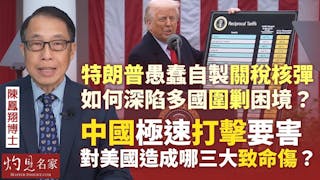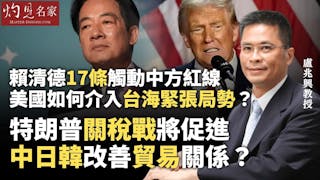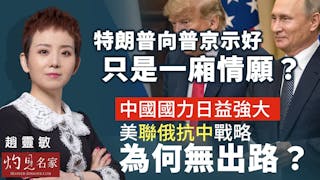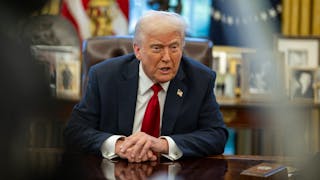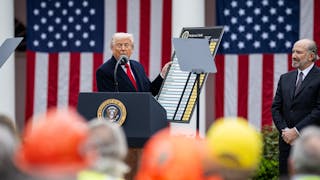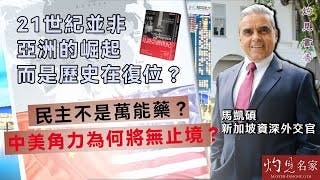Despite the market’s relaxation about a war involving China, North Korea and the US, it is still a tail risk, and I think it is a fat tail! But China is unlikely to start the war because it is too busy with the upcoming political transition and has too many domestic problems to care for amid the political transition process. It has also territorial issues in the South China Sea and the Sea of Japan that are draining its attention, and is already having skirmishes with India over territorial disputes at the borders of Pakistan and Bhutan.
Generally, China’s top foreign policy priority is regional stability. The Communist Party’s legitimacy in running the country stems mainly from its ability to deliver economic prosperity. Should the Chinese economy collapse, so will the Party’s legitimacy. To minimise the probability of an economic shock on the Party and to continue with industralisation, Beijing’s foreign policy is designed to promote stability in the neighbouring states so that it can focus on delivering economic growth. Initiating a war with North Korea and the US is not a preferable option.
Meanwhile, if Mr. Trump were to match his “fire and fury” words with actions to “neutralise” North Korea, China would have a legitimate reason to come to North Korea’s rescue under the 1961 Sino-North Korean Mutual Aid and Cooperation Friendship Treaty, which allows North Korea and China to come to each other’s help if attacked by a third nation. If this were to happen, I think Russia would join China. Hence, I think the fat tail risk of a war lies on the US’s action rather than on China’s. This Black Swan could be Armageddon/WWIII !!!
The diplomatic solution option
I still think this will be the way out. But it will take months to initiate and, crucially, need the US’s endorsement. The diplomatic situation is further complicated by the involvement of Russia.
President Xi and Trump both want to de-nuclearise North Korea and constrain Kim Jong Un. This is as far as their strategic similarity gets. Mr. Trump has a strategic goal for North Korea that is totally different from China’s. But China’s strategic interest in the Hermit Kingdom overlaps with Russia’s.
Washington wants a unified Korea under Seoul (i.e. US influence) and use it as a pawn to contain China’s expansion. This latter is certainly a view that China’s People’s Liberation Army holds. But Beijing and Moscow both want North Korea’s existence as a cushion against the western-leaning South Korea and the formation of a united front by Korea, Japan and the US in North Asia. Of course, Beijing also fears a collapse of North Korea would create a massive refugee problem swamping China’s northern border with at least eight million North Koreans.
So in pushing for sanctions, Washington wants to bring North Korea to its knees while both Beijing and Moscow prefer economic engagement. Beijing is always calibrating its economic sanction move so that it would not lead to a collapse of North Korea.
Mr. Trump’s lack of a coherent North Korea policy has not only emboldened Mr. Kim to conduct more and more nuclear tests as a survival tool for extracting international concessions, it has also pushed Moscow closer to Beijing. Russia also shares economic interest with China in Beijing’s Belt and Road initiative, which has a land route going through Central Asia and intercepting with Russia’s proposed Eurasian Economic Union.
Russia, China playing good guys
Russia’s strategy has focused on containing North Korea’s aggression through targeted diplomacy. It has been approaching North and South Korea separately recently, trying to talk the North into stopping nuclear tests and the South into stopping joint military exercises with the US and abandoning the THAAT defence system, which threatens both China and Russia.
By acting independently and befriending China, Russia is also trying to enhance its influence in Asia by showing the Asian nations, who are having doubts about their protection by the US now, that it could be a strategic partner in the region in helping resolve issues involving China. Since April 2016, it has been proposing to restart the “six-party” talk, which was suspended in 2009, to resolve the North Korea crisis. But the US has ignored it.
China has also proposed a “double freeze” programme recently to solve the North Korean crisis – with North Korea freezing its nuclear test programme and being subject to international inspection in exchange for South Korea and the US freezing their joint military exercises. I have doubts about the technical implementation of this proposal, but nevertheless China seems to be playing the good guy by proposing a peaceful approach to resolve the crisis. But the US has rejected the proposal for its own reasoning.
Strategically, by proposing a diplomatic approach, both China and Russia appear to have worked together to shift international attention away from their potential leverage over the Kim regime towards the Trump administration’s erratic policy approach. Beijing and Moscow have effectively put the ball in America’s court and placed the onus for resolving the crisis on Trump’s shoulders.
What to expect?
In my view, China and Russia may emerge as the dual working together to push for a diplomatic solution in the coming months on the back of continued and intensified economic sanctions against North Korea. But this will need the US’s endorsement. So we are stuck in a diplomatic stalemate in the short-term.
Most importantly, China seems to have accepted that it would have to live with a rogue neighbour with nuclear capability. But it wants to keep North Korea alive within manageable limits to counteract the US. It also believes that North Korea would not be pressured to giving up its nuclear weapons. I believe Russia is of the same views too. The billion dollar question is whether (and when) the US can find a face-saving situation to accept this situation and endorse a diplomat solution.
Before a diplomatic solution can be ironed out, the US will likely exert more pressure on China to push economic sanctions onto North Korea. So trade frictions between China and the US will be escalating.
The US may likely target more Chinese companies that have major operations in the US or are major trading partners with the US. These would include major Chinese banks and energy companies, thus hurting the asset values of their listed units. China will retaliate with tit-for-tat measures. In the end, the US may lose as much as, or even more than, China because the US has much more FDI in China than China has in the US. It would be very easy for China to increase invisible trade barriers to hurt the US companies that have major operations in China, such as Apple Inc., Boeing Co, Starbucks Corp., and the US automakers.
When push comes to shove, I think Mr. Trump will become more realistic and accept a diplomatic way out of this crisis with China and Russia playing the peace broker, eventually that is.



